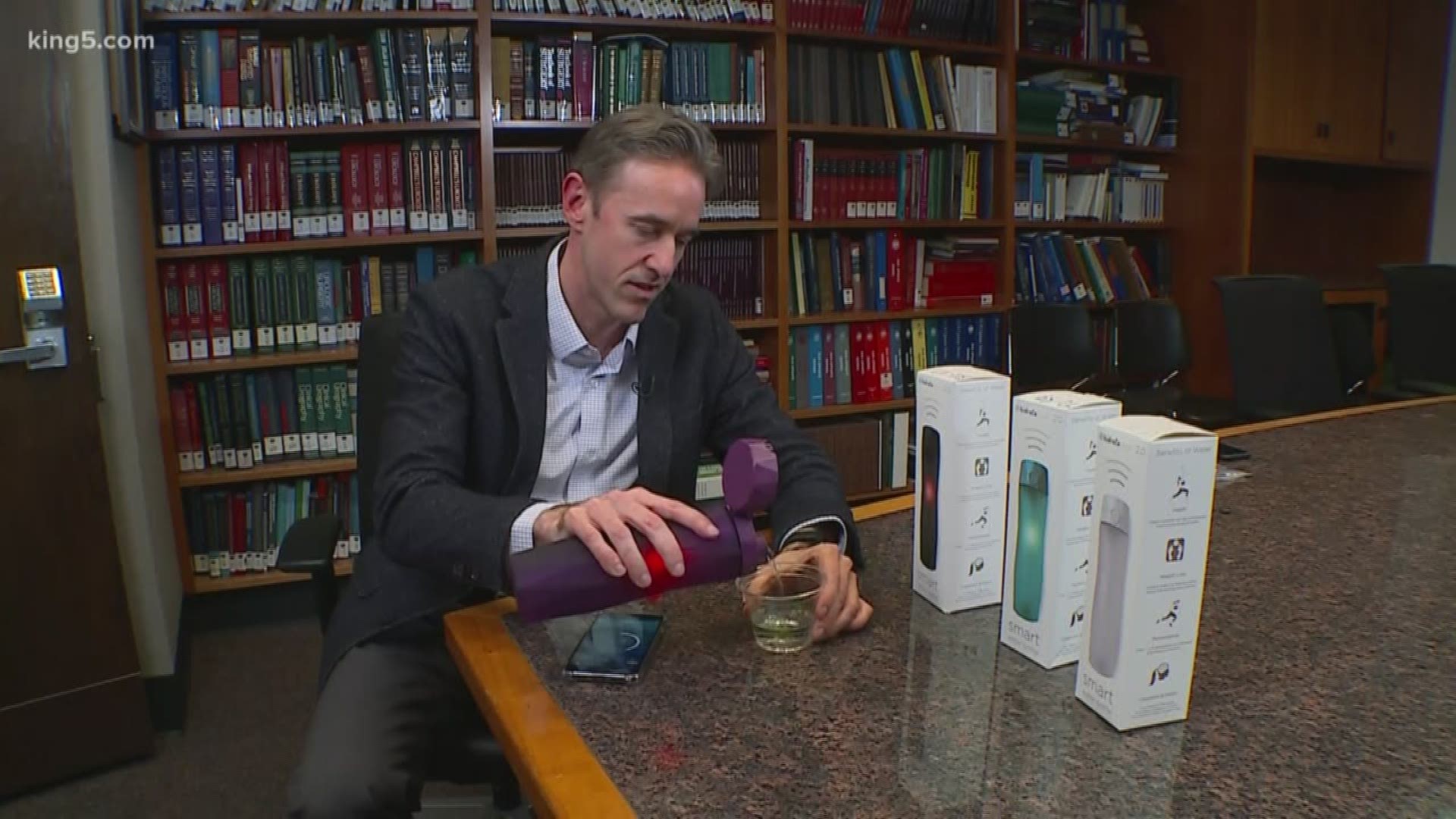SEATTLE — What can we learn from someone who has had over 250 kidney stones?
Doctors at UW Medicine have been treating a Seattle man who since adopting their recommendations has reduced his count to zero.
Guillermo Gomez likes to stay active and since moving to Seattle he’s ridden his bicycle over 3,000 miles.
All in the effort of promoting good health and trying to prevent kidney stones.
His first one was back in 1973.
“The pain was such that I just couldn’t, I got totally disoriented. People say that it’s like giving birth. When I had the first stones I named them, but I lost track pretty soon of my family,” joked Guillermo.
Since that first one, he’s had five surgeries and passed more than 250 kidney stones.
“They tried to change my diet and tried to give me some medication, but nothing seems to have worked,” said Guillermo.
“Kidney stones are increasing in prevalence. Over the last about 20 years, they’ve doubled in prevalence in men and quadrupled in women,” explained Dr. Jonathan Harper, a urologist at UW Medicine.
He says there’s no clear reason why and that’s what he’s researching in a study called PUSH, Prevention of Urinary Stones with Hydration.
“What we’re interested in is how do we prevent stones? We think that fluid intake and especially water will help reduce stone recurrence,” said Dr. Harper.
Using a smart water bottle could help. It tracks how much water someone drinks and glows as a reminder, so they can meet their daily goal.
“I thought I was drinking about a gallon of fluids every day and I was wrong,” said Guillermo.
With the help of a smart water bottle that gives him a visual cue to drink more water, he's met his goals of more water consumption. He hasn’t had any new kidney stones since he’s been a part of Dr. Harper’s study.
He’s hoping the research will provide answers.
Researchers at UW Medicine are looking to enroll 1600 participants.
If you’re interested in learning more, you can go to Urinary Stone Disease Research Network on the web to learn more.

